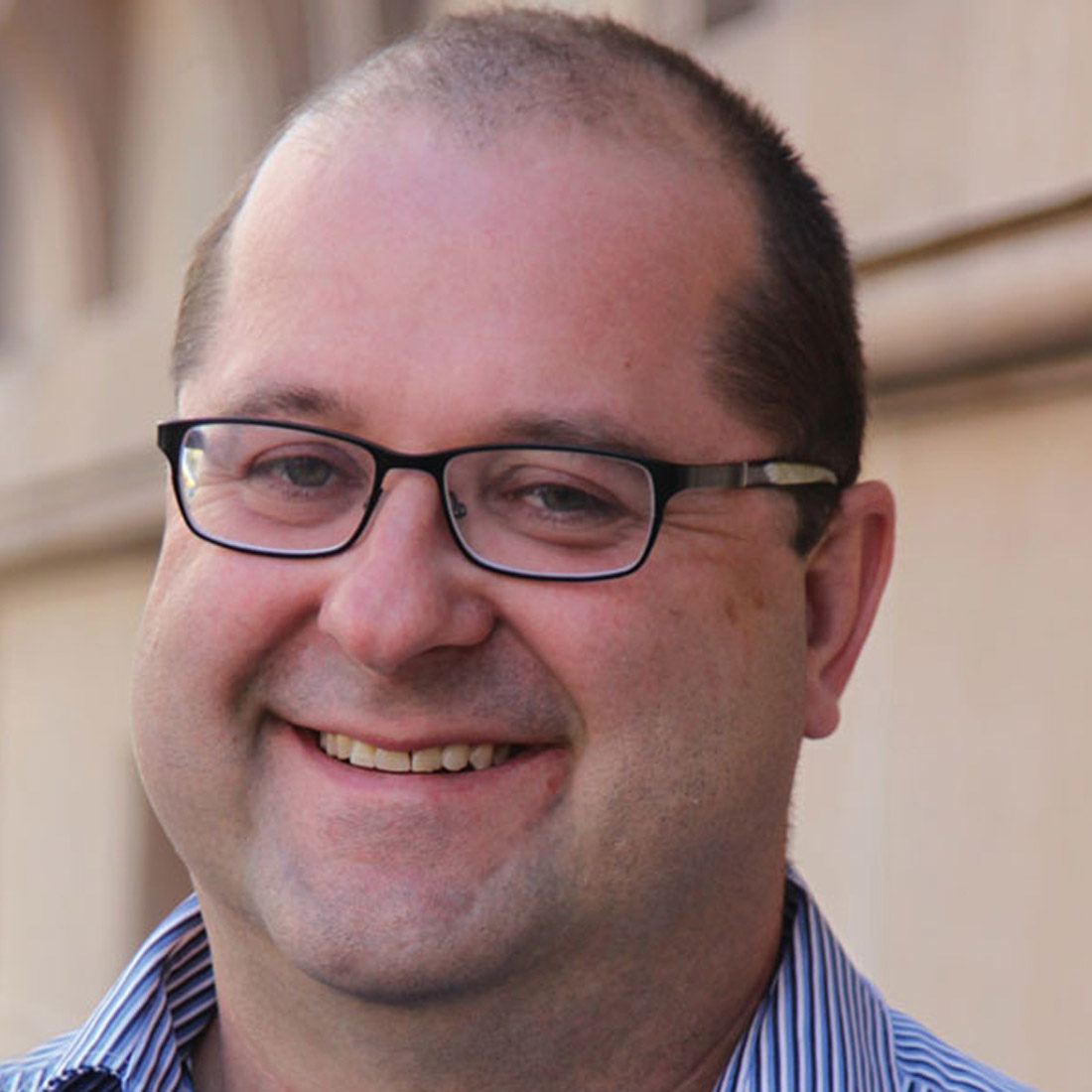David Hunt
Thank you David, for agreeing to this interview about your new book, True Girt. The Unauthorised History of Australia – Volume 2.
The title, True Girt, is a neat reference for those of us who loved Volume 1, Girt. The cover, a photo of an androgynous bushranger being attacked by a cockatoo, is inspired. Does the title imply that this time you’ve given us the real truth and where does that place Girt?
Girt now comes with 100 per cent extra truth and is the Australian history preferred by nine out of ten historians. While Girt focused on pre-colonial Australia and the establishment and growth of the convict colony of New South Wales, True Girt addresses colonial expansion and the conflict with the First Australians and within and between the colonies. True Girt is a frontier story and the title riffs off True Grit, Charles Portis’s classic American frontier tale. I am hoping someone will resurrect John Wayne, so that he can star in the adaptation of my book.
In your ‘real life’ you are an historian. What motivates someone with a legitimate academic day job to write darkly humoured history?
There is a danger in assuming all historians are academics. In my ‘real life’, I’m a man who suffered a mid-life crisis and took a break from being a lawyer and public servant to revive the sketch comedy career of his glorious youth. I worked on an Australian history comedy project that never made it to screen, but became fascinated with the real stories of our past. Girt rose phoenix-like from the ashes of that project. When I started it, I regarded myself as a comic writing about history. By the end, I identified as a historian writing comically. So I am a historian who hopes never to have a legitimate academic day job.
I think of your work as well-researched blasphemy (my son’s phrase). You make us chuckle and squirm at the same time. Do you think this kind of humour has always been distinctly Australian, or are we finally arriving at a level of maturity that allows us to laugh more freely at our dodgy origins? This approach to the past is very different from the dominant American sensibility, for instance.
I regard myself as both a historian and a satirist. The purpose of satire, much like history, is to reveal truths about the human condition and society. Satire should discomfort as well as amuse, as the verities it unearths are frequently unpleasant. I have succeeded with my writing if I’ve made people laugh and squirm at the same time, or laugh and then feel bad about laughing.
Pierre Bayle, one of the fathers of the modern encyclopaedia, wrote in his 1697 Historical and Critical Dictionary:
If an historian were to relate truthfully all the crimes, weaknesses and disorders of mankind, his readers would take his work for satire rather than for history.
Satire and history have been entwined for centuries, with Jonathan Swift and Mark Twain masters of combining these crafts.Australians have generally embraced self-satirisation. Edmund Finn, who wrote under the name Garryowen, produced a brilliant tongue in cheek history, The Chronicles of Early Melbourne, 1835 to 1852, in 1888. Henry Lawson, Banjo Paterson, C.J. Dennis, Barry Humphries, Paul Hogan and TISM all take the piss about Australia and Australians. I’m just one small part of a much larger Australian tradition.
Please tell us a bit about you. For example, how did you acquire such a wonderfully black sense of humour?
I was weaned on Monty Python, Douglas Adams and Terry Pratchett, all of whom have informed my approach to writing, as has Bill Bryson. The tragic clown is also a common comic trope. If you can’t laugh at the world, then sometimes you have to cry.
I love melancholic stories and dark tales and these, as well as humour, colour True Girt. Frontier conflict is a major theme of the book and any humorous account of this dark stain on our history will by necessity be black.
Thank you David. We are looking forward to hearing you speak at the St Albans Writers’ Festival.


